- Welcome to FictionDB, Guest
- | My Account
- | Help

Nightmare Planet — Murray Leinster
buy the book from amazon
Paperback editions:
Hardcover editions:
eBook editions:
Audio editions:
Large Print editions:
Browse Similar Books at Amazon
Science Fiction & Fantasy->Science Fiction->Adventure
Kindle Store->Kindle eBooks->Science Fiction & Fantasy->Science Fiction->Adventure
Kindle Store->Kindle Short Reads->90 minutes (44-64 pages)->Literature & Fiction
Kindle Store->Kindle Short Reads->90 minutes (44-64 pages)->Science Fiction & Fantasy
Description
No animals roamed its solid surface. No vegetation grew from its rocks. Not even bacteria struggled with the stones to turn them into soil. No living thing, however small, swam in its oceans. It was one of that disappointing vast majority of otherwise admirable worlds which was unsuited for colonization solely because it had not been colonized before. It could be used for biological experiments in a completely germ-free environment, or ships could land upon it for water and supplies of air. The water was pure and the air breathable, but it had no other present utility. Such was the case with an overwhelming number of Earth-type planets when first discovered in the exploration of the galaxy. Life simply hadn't started there.
So the ship which first landed upon it made due note for the Galactic Directory and went away, and no other ship came near the planet for eight hundred years.
But nearly a millennium later, the Seed-Ship Orana arrived. It landed and carefully seeded the useless world. It circled endlessly above the clouds, dribbling out a fine dust comprised of the spores of every conceivable microorganism that could break down rock to powder and turn the powder to organic matter. It also seeded with moulds and fungi and lichens, and everything that could turn powdery primitive soil into stuff on which higher forms of life could grow. The Orana seeded the seas with plankton. Then it, too, went away.
Centuries passed. Then the Ecological Preparation Ship Ludred swam to the planet from space. It was a gigantic ship of highly improbable construction and purpose. It found the previous seeding successful. Now there was soil which swarmed with minute living things. There were fungi which throve monstrously. The seas stank of teeming minuscule life-forms. There were even some novelties on land, developed by strictly local conditions. There were, for example, paramecium as big as grapes, and yeasts had increased in size so that they bore flowers visible to the naked eye. The life on the planet was not aboriginal, though. It had all been planted by the seed-ship of centuries before.
CERTAIN CONTENT THAT APPEARS ON THIS PAGE COMES FROM AMAZON. THIS CONTENT IS PROVIDED ‘AS IS’ AND IS SUBJECT TO CHANGE OR REMOVAL AT ANY TIME.
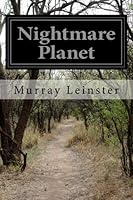
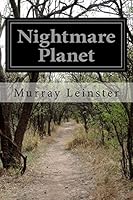
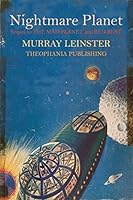
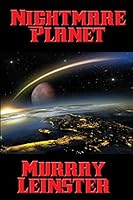

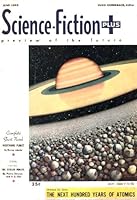
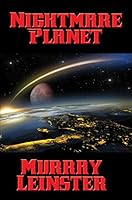
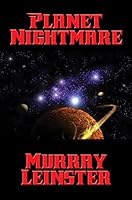
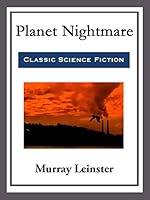
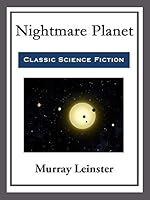
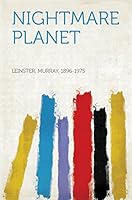
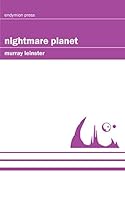
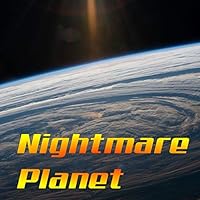
 Amazon UK
Amazon UK